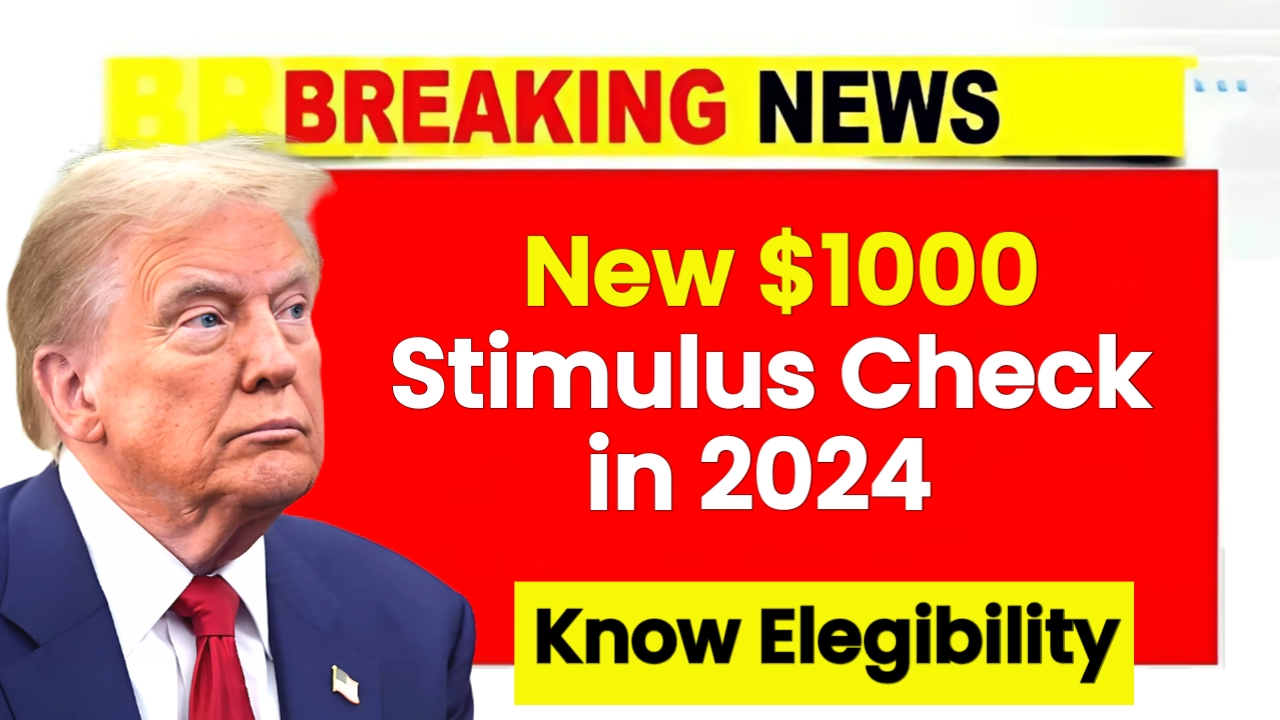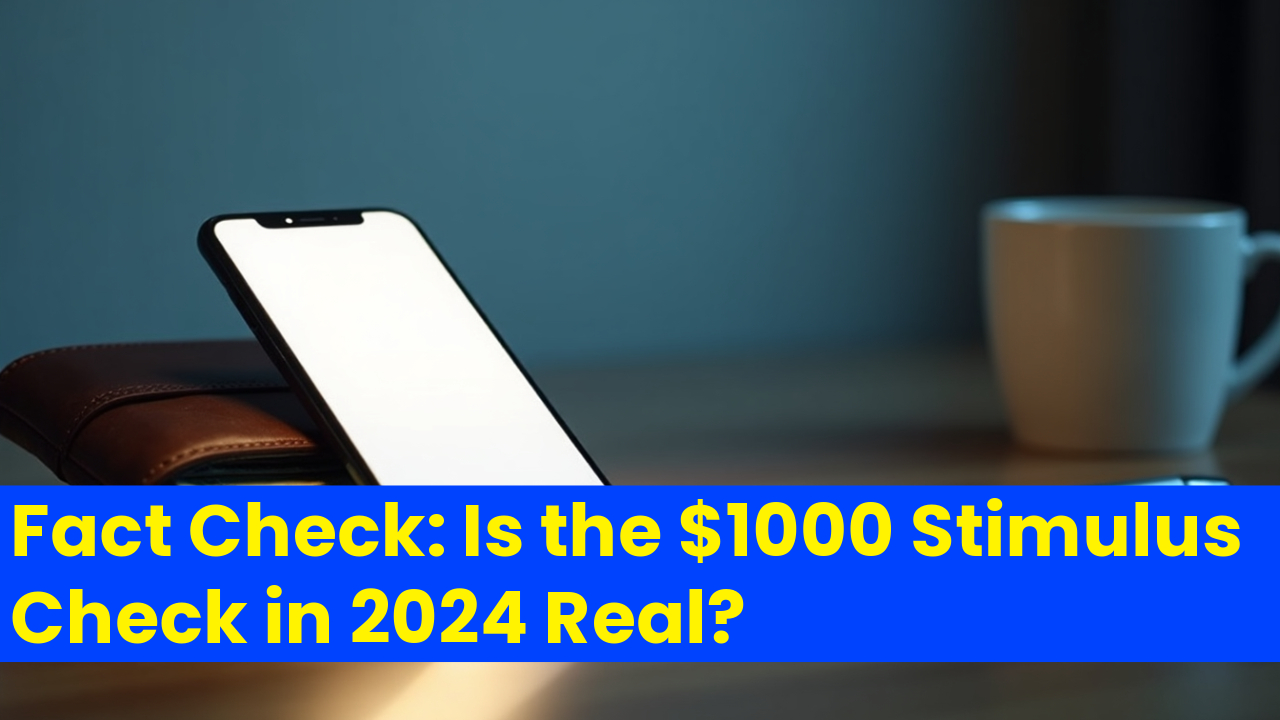New $1000 Stimulus Checks in 2024: The Truth Behind What You Really Need to Know
A viral video recently claimed that a $1,000 stimulus payment had been approved to alleviate financial burdens like increased credit card debt. The video, featuring a manipulated clip of CBS anchor Norah O’Donnell, quickly gained traction. Within hours, it garnered thousands of shares and likes, convincing many that the story was genuine. However, the Internal Revenue Service (IRS) promptly addressed the matter, stating unequivocally that no such federal stimulus payment program exists. The agency urged the public to exercise caution and remain vigilant against misinformation.

Manipulated Video Content
The viral video was confirmed to be a doctored version of a legitimate CBS News report from June 2023. The original report discussed rising credit card debt but made no mention of stimulus payments. Fact-checking organizations, including TrueMedia.org, verified that the video had been altered to mislead viewers. Such tactics often exploit recognizable media outlets to add false credibility to fabricated claims.
No Official Announcements
Federal stimulus programs are typically accompanied by widespread coverage, including press releases, government website updates, and media reports. Neither the IRS, the U.S. Treasury Department, nor any other federal agency has announced a new stimulus initiative. The lack of transparency and official communication confirms that the claim is invalid. The COVID-19 pandemic-era stimulus payments serve as a stark contrast. Those programs were announced with detailed official statements, extensive media coverage, and clear timelines. The alleged $1,000 payment lacks all such hallmarks of authenticity.
Why Misinformation Spreads
Several factors contribute to the rapid circulation of financial misinformation:
- Economic Vulnerability: Financial stress makes individuals more susceptible to believing claims of relief, even when unverified.
- Trust in Media Figures: The involvement of familiar media personalities or networks often lends undue credibility to false claims.
- Social Media Amplification: Misinformation spreads faster than corrections, leaving many uninformed.
Practical Tips to Avoid Falling Prey
- Verify Official Sources: Always cross-check information on government websites like irs.gov or the U.S. Treasury Department.
- Analyze Content for Manipulation: Look out for inconsistencies, such as abrupt cuts or mismatched visuals in videos.
- Consult Professionals: Financial advisors or accountants can help confirm the validity of financial claims.
- Check News Coverage: Major government programs, like stimulus checks, receive significant media attention from credible outlets.
The Truth About the $1,000 Stimulus Check
The viral claim of $1,000 stimulus payments being issued in late 2024 is entirely false. It stems from a manipulated video that uses outdated and unrelated news footage to deceive viewers. Neither the IRS nor any federal agency has announced such a program.

Relying on trustworthy sources and maintaining a skeptical eye toward viral misinformation is crucial. Financial security begins with informed decision-making, and verifying claims is the first step toward avoiding costly mistakes.


Comments are closed, but trackbacks and pingbacks are open.